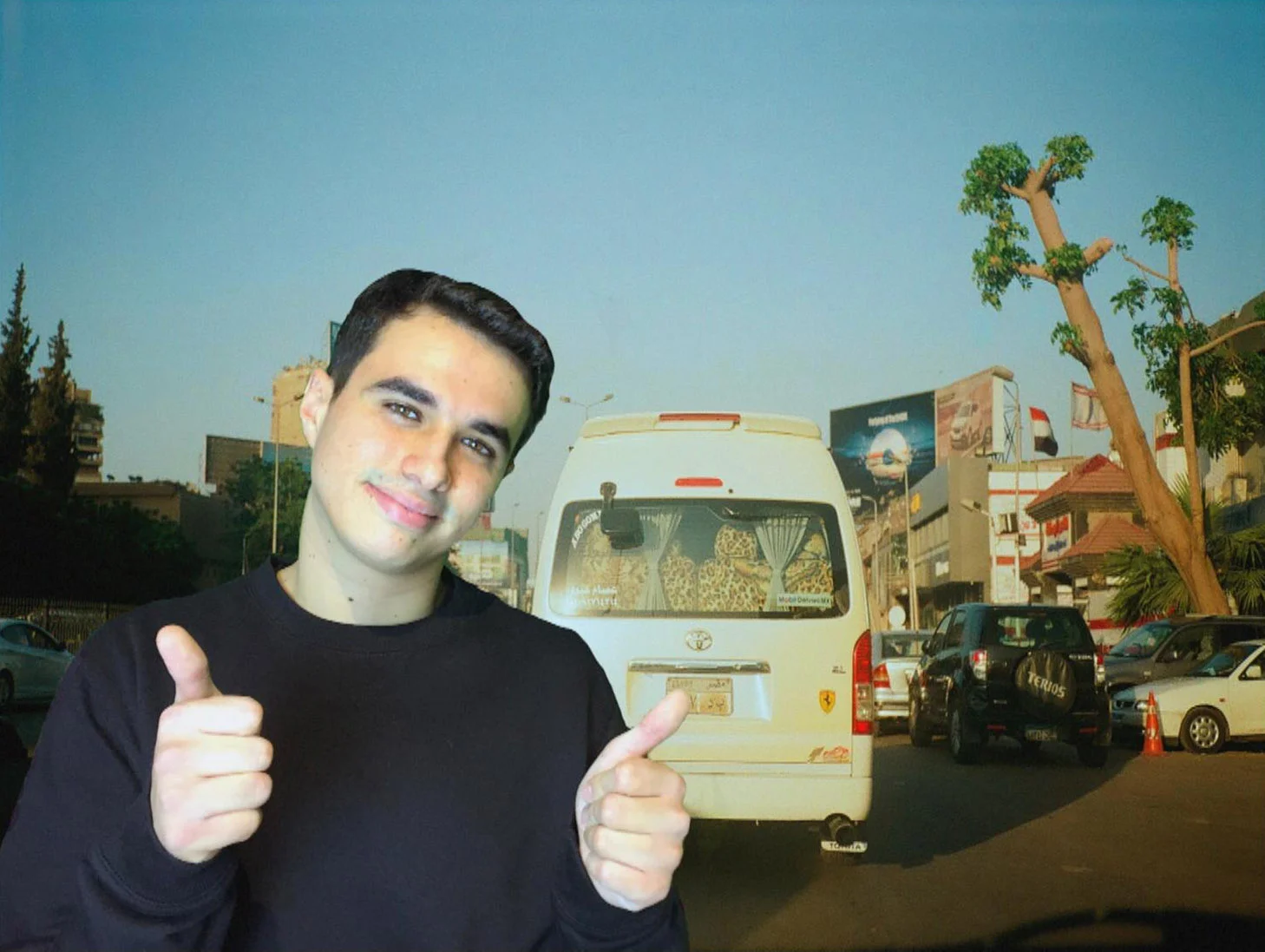Poison Arrow
When Poison Arrow performed her first live show at Funkhaus in Berlin last week she made a statement of intent. The Bauhaus architect Franz Ehrlich’s space of Russian timber, woven horsehair prisms and elements of wood, stone and carpet, was transformed into an uncanny cantina. As she enthuses, “It is like a sound temple.” The performance, like Poison Arrow herself, was part Berlin chic, part Colombian grit.
Poison Arrow aka Natalia Escobar started using sound as a material while doing her fine art BA at Central St Martins. She began applying field and voice recordings to installations. Eventually art fell away, and music remained. She has played in her base city Berlin (including Säule at Berghain, OHM and Club de Visionaire), and is in demand everywhere from Mumbai to Bogota, Barcelona to Cairo. Her new releases are taking things into an exciting direction. She is mixing her Colombian roots with hypnotic, provocative electronic music. Her first release ‘If You Don’t Love me (I’ll Cut Your Face)’ is inspired by ‘La Cuchilla’ by Las Hermanitas Calle, icons of Carrilera music. The results are bassy, intense tracks that are sexy, confrontational and refreshingly unexpected.
How has your experience as a DJ influenced what you’re creating?
I am making dance music and as a DJ sometimes I make people dance. Being a DJ and curating music for different places, I have to listen to a lot of music constantly and this really helps to shape the kind of sound I want to create. While DJing you are very aware of the response of the people on the dance floor. I am not a DJ that wants to make people jump. The ability to slow the music down allows you to take the crowd on a journey and I find this very sexy. This is the kind of music I am making.
How did you come up with name Poison Arrow?
I have always been fascinated by the type of music that Colombians listen to when they are heartbroken, especially the people from the coffee region, which is where I come from. I really wanted to incorporate the mysticism that surrounds this kind of music and play with the idea of sociological imagination for the music I was making. I was trying to find an alter ego.
Around the time I did the first version of ‘La Cuchilla’, I was with a friend in my apartment in London listening to ‘Absolutely’ by ABC and the song Poison Arrow started playing an we were like “OMG Poison Arrow is so perfect to make music for when love hurts, when cupid’s arrow misfires.” Then I found out that the name Poison Arrow references a controversial character from Roman Mythology said to be the forgotten daughter of Venus. Where her cherubic sibling represents love at its most idealistic, Poison Arrow represents the thrill of running towards something that you know might harm you.
Why did you look to Colombia for musical inspiration?
I have been away from Colombia for quiet a while, but I have a very deep connection with this land and my roots. I guess the longer I am away, the more I realize the beauty of Colombia’s idiosyncrasies and the magic and mystery of the people and places that used to be so normal to me while I was growing up there.
What are feelings about how Colombia is presented?
If anyone asks me if I have cocaine after telling them that I am from Colombia, I am going to cut their face!
How did you first discover Carrilera music?
Carrilera music is very popular where I come from. You can hear in the buses, on the street, at my aunt’s house, especially in December everyone listens to it.
What are your first memories of it?
As a kid when we used to go to my grandparent’s coffee farm for NYE, we would stop in this very remote town called Arauca. In Colombia, we will call this kind of town a ‘moridero’ (dying place). I remember this town to be a kind of hot twilight zone - all the peasants sitting in the fondas and cantinas, singing along to these songs. As a kid I obviously didn't understand the real meaning of the lyrics, so I sang along to them. Many years later, I realized how fucked up, raw and funny they were. That is when my real love for Carrilera began.
How did fit incorporate that influence in an electronic context?
I am telling the story so I make it fit. It is also good to make electronic music a bit more spicy and sexy - Colombians are good at it!
There is a violence in the tracks. What do you like about that intensity?
Colombia has the longest-running armed conflict in Latin America. We are a violent country. As a society, we have very deep trauma and a lot of open wounds. The question is how to transform this violence and pain into something positive. I think this kind of music provides catharsis from the heartache and sometimes violent existence of peasant life. The lyrics in the songs are provocative and reflect the kind of society we are.
How were you inspired by Las Hermanitas Calle?
Las Hermanitas Calle have a very inspiring career and life. They have been making music since the 60’s, releasing 88 EP’s and LP’s and counting. They were the first women performing Carrilera music and despite all the barriers they had - especially in a sexist country like Colombia where they were seen as vulgar or making music only for drunk people - they overcame all this adversity with their voices and Carrilera music became an inseparable part of our culture in the coffee region. They have toured all over Colombia and internationally too. One of the sisters, Nelly, died in 2003 but Fabiola continues making music with her new partner Lina. They are currently touring with their new EP! Fabiola is extremely funny and naughty, she is full of stories and life, she is so amazing!
What are your feelings about the position women have in music, and how are you playing with that?
I believe dance music is still a very white, male dominated scene. As a response to this, great collectives like Discwoman in New York, Nott in Medellin and Traición in CDMX representing women, trans women, and queer artists have formed. I believe that beyond gender, they represent very good artists doing interesting things. I wish we could focus on that and on the quality of the work regardless of gender.
music/images courtesy POISON ARROW
interview FRANCESCA GAVIN
What to read next







